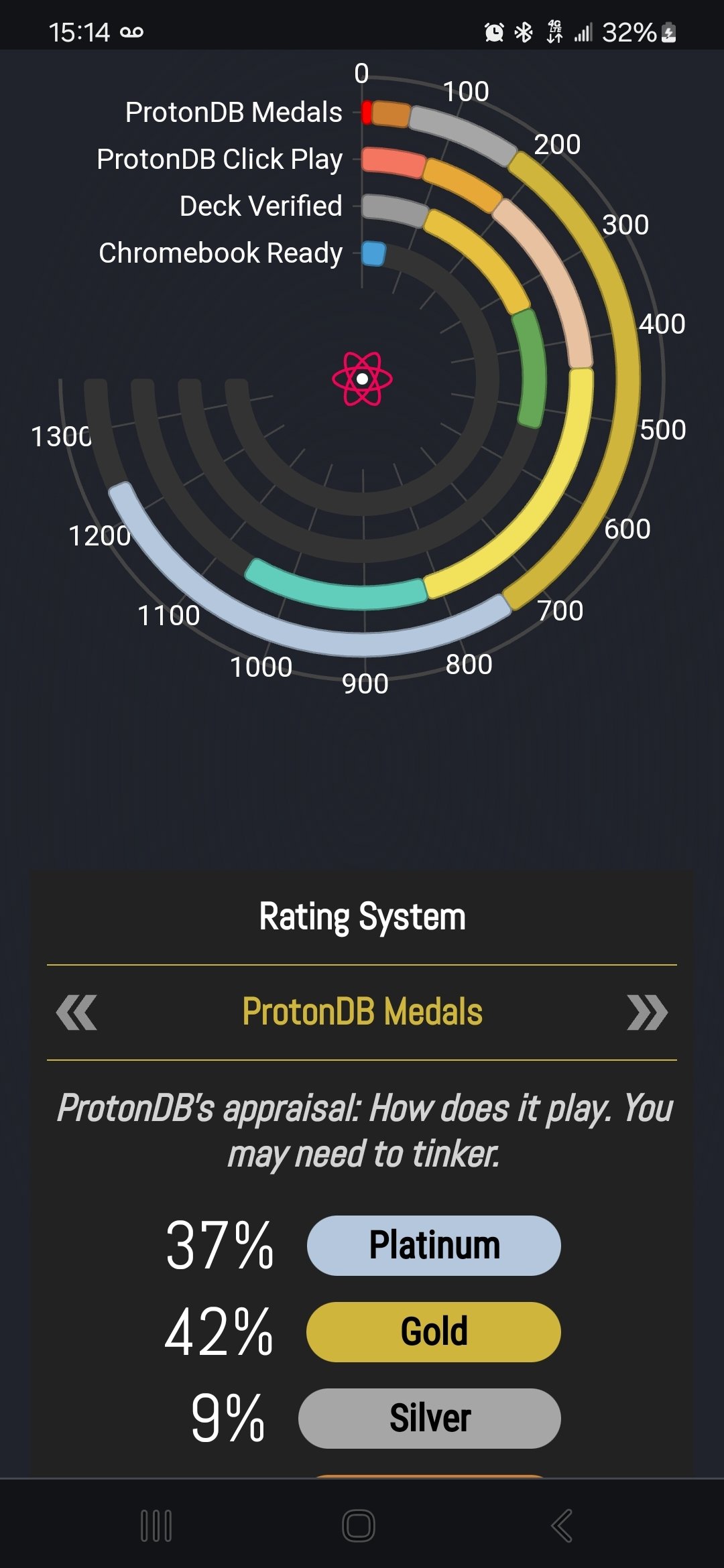The only things I've found that just straight up don't work on the deck are things with draconian anti-cheat (which don't work on Linux in general, not just the deck), and very old titles that have weirdly restrictive resolutions or control schemes or whathaveyou. Some games require some tweaking (mostly around controls, occasionally changing the Proton version, which is very easy to do within Steam), but generally that's been minor. The things that don't work well are typically things you wouldn't expect to work anyway.
It's worth noting that it makes it very easy to remap controls, even for games that don't natively support controllers or don't let you remap the controls at all normally. You can also invoke an onscreen keyboard as needed (for e.g. typing names). The controller mapping is very strong; it's not limited only to single buttons; you can create custom contextual radial menus, for instance, so even games that need many more unique controls than the Deck has buttons work fine with some tweaking. You can also view / download / rate other users' control mappings for any game that has them, so you don't even need to do the work yourself.
It's a fantastic piece of hardware for gaming. Looks great, feels great. It's a bit large (won't fit in a pocket, obviously), but that shouldn't be a problem for anyone who would reasonably want a handheld gaming PC. It's not a phone or a Gameboy.
I was without a desktop PC for a week or so due to a hardware failure, and was able to do everything I needed to do on the Steam Deck (with a USB mouse/keyboard, plugged into a monitor via a dock). So it's a great piece of hardware even for that.
